Entri yang Diunggulkan
Elevated Pulse Rate
Anything below 90 per cent will indicate low oxygen level and the patient will require immediate medical attention as heshe can lose hisher precious life. In adults the heart usually beats between 60 and 100 times per minute.
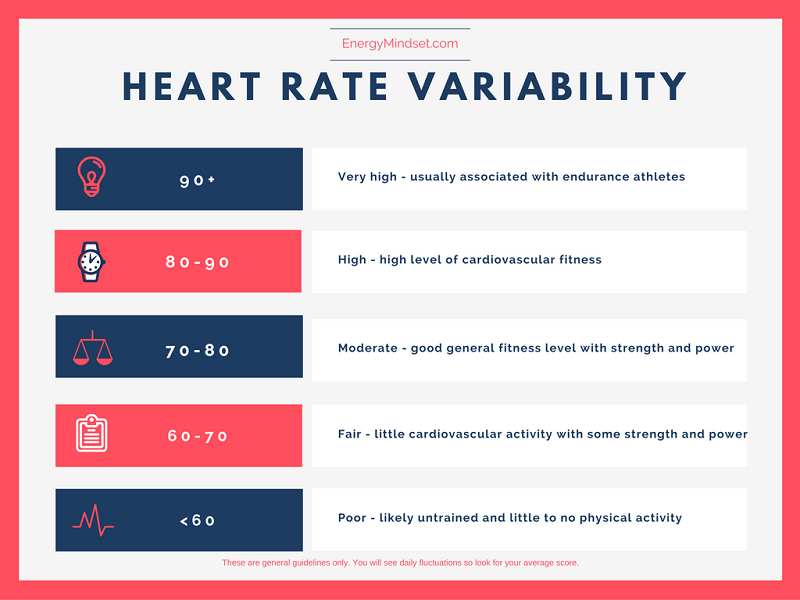 Safebeat Initiative What Is Heart Rate Variability And Do You Need To Know Yours
Safebeat Initiative What Is Heart Rate Variability And Do You Need To Know Yours
Generally a lower heart rate at rest implies more efficient heart function and better cardiovascular fitness.
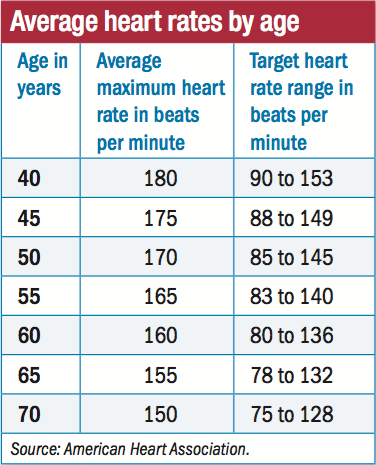
Elevated pulse rate. Individuals with an exceptionally high pulse rate should be taken to an emergency room for a medical evaluation. An abnormal pulse rate below 60 bpm or above 100 bpm could increase your risk of cardiovascular disease stroke or early death. Count the number of pulse beats you feel for 60 seconds or count the beats for 30 seconds and multiply it by two - this is your heart rate in beats per minute.
Resting sitting or standing your pulse is usually the same. Heart rate or pulse rate is the number of times your heart beats in a minute. Tachycardia refers to a high resting heart rate.
Normal Resting Heart Rate for Women The normal resting heart rate for adult women is similar for men between 60 bpm and 100 bpm. A normal pulse rate is between 60 and 100 beats per minute. Heart rate is one of the vital signs that are checked regularly whenever you.
The most common high pulse rate causes can include heavy exercise and anxiety as well as medical conditions such as pregnancy an overactive thyroid and a fever. Doctors may perform a manual pulse test first to get a general idea of how fast the heart is beating. The pulse is a measurement of the number of heartbeats that a person experiences per minute.
A faster pulse rate can happen when at rest and it can mean low blood pressure illnesses or even the effects of running. Well over 99 percent of the time sinus tachycardia is perfectly normal. An elevated heart rate is often a natural physical response.
Age and activity level are more important factors for heart rate. Now that you are aware of what does a high pulse rate mean and what can be its causes it would be easier for you to identify if what you are experiencing could be tachycardia. Feel the rhythm of your pulse for.
The pulse rate falls to about 40 BPM while the person is sleeping. When temperatures and the humidity soar the heart pumps a little more blood so your pulse rate may increase but usually no more than five to 10 beats a minute. It is a simple measure to know how much your heart works during rest or activities.
Nilsson PM Nilsson JÅ Hedblad B Berglund G University Hospital Malmö Sweden. If you are dealing with problems like obesity high blood pressure heart diseases or if you have a family history for the same then it is high time for you to start following a healthy lifestyle. To measure your heart rate simply check your pulse.
A resting heart rate that is. The normal pulse rate for human beings in resting condition is about 60 100 beats per minute BPM. The increased heart rate doesnt harm the heart and doesnt require medical treatment.
It refers to the abnormally fast resting heart rate normally at about 100 beats per given minute. Sleep disturbance in association with elevated pulse rate for prediction of mortality consequences o. The average resting heartbeat for a person is between 60 and 100 beats per minute.
Possible causes of an elevated pulse include fever anemia anxiety or an overactive thyroid. Doctors usually consider a heart rate of over 100 beats per minute to be too. Sinus tachycardia is the term used to describe a faster-than-normal heartbeat a rate of more than 100 beats per minute versus the typical normal of 60 to 70 beats per minute.
In medical terms high pulse rate is termed as tachycardia which refers to a heart beating at a higher rate than usual. This is the right oxygen level and pulse rate SpO2 levels in all healthy individuals range from 94 to 96 per cent. A high pulse rate can cause heart palpitations.
Generally for adults a heart rate of more than 100 beats per minute tachycardia is considered as high. High pulse rate is also known as tachycardia. A normal resting heart rate for adults ranges from 60 to 100 beats per minute.
This is especially true if the spike is temporary and caused by physical activity or emotional stress. For example a well-trained athlete might have a normal resting heart rate closer to 40 beats per minute.
 Is Someone With A Relatively High Blood Pressure 130 80 But An Excellent Pulse Rate 55 Better Off Than Someone With A Low Or Ideal Bp But Higher Resting Pulse End Your Illness
Is Someone With A Relatively High Blood Pressure 130 80 But An Excellent Pulse Rate 55 Better Off Than Someone With A Low Or Ideal Bp But Higher Resting Pulse End Your Illness
 What It Means If You Have Low Blood Pressure But A High Heart Rate Health Essentials From Cleveland Clinic
What It Means If You Have Low Blood Pressure But A High Heart Rate Health Essentials From Cleveland Clinic
:max_bytes(150000):strip_icc()/inappropriate-sinus-tachycardia-1745220-v1-549ea837eb4f4c7d94feef0f732fe8bd.gif) Inappropriate Sinus Tachycardia Causes And Treatment
Inappropriate Sinus Tachycardia Causes And Treatment
A High Heart Rate What Can It Possibly Mean For You
 5 Explanations For An Elevated Pulse Pm Pediatrics Urgent Care
5 Explanations For An Elevated Pulse Pm Pediatrics Urgent Care
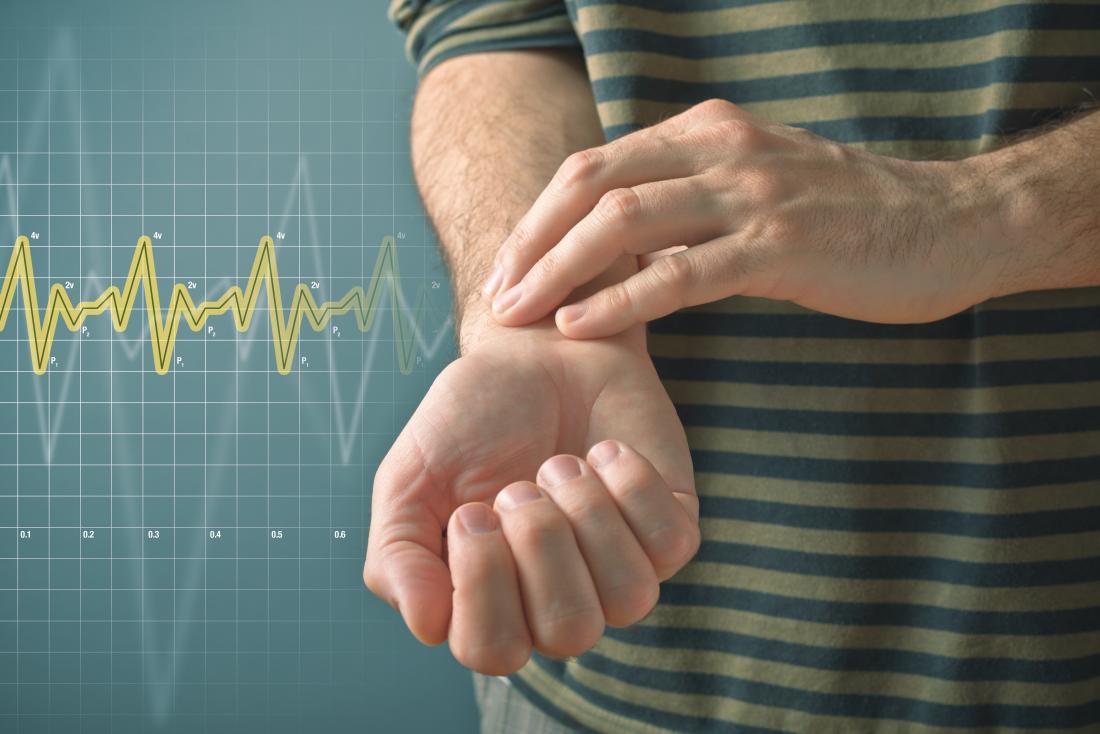 How To Lower Your Heart Rate 11 Ways
How To Lower Your Heart Rate 11 Ways
Why Knowing Your Normal Resting Heart Rate Is Important To Your Health
 Increase In Resting Heart Rate Is A Signal Worth Watching Harvard Health Blog Harvard Health Publishing
Increase In Resting Heart Rate Is A Signal Worth Watching Harvard Health Blog Harvard Health Publishing
How Dangerous Is A High Blood Pulse Rate Quora
 5 Explanations For An Elevated Pulse Pm Pediatrics Urgent Care
5 Explanations For An Elevated Pulse Pm Pediatrics Urgent Care
 What Your Heart Rate Is Telling You Harvard Health
What Your Heart Rate Is Telling You Harvard Health
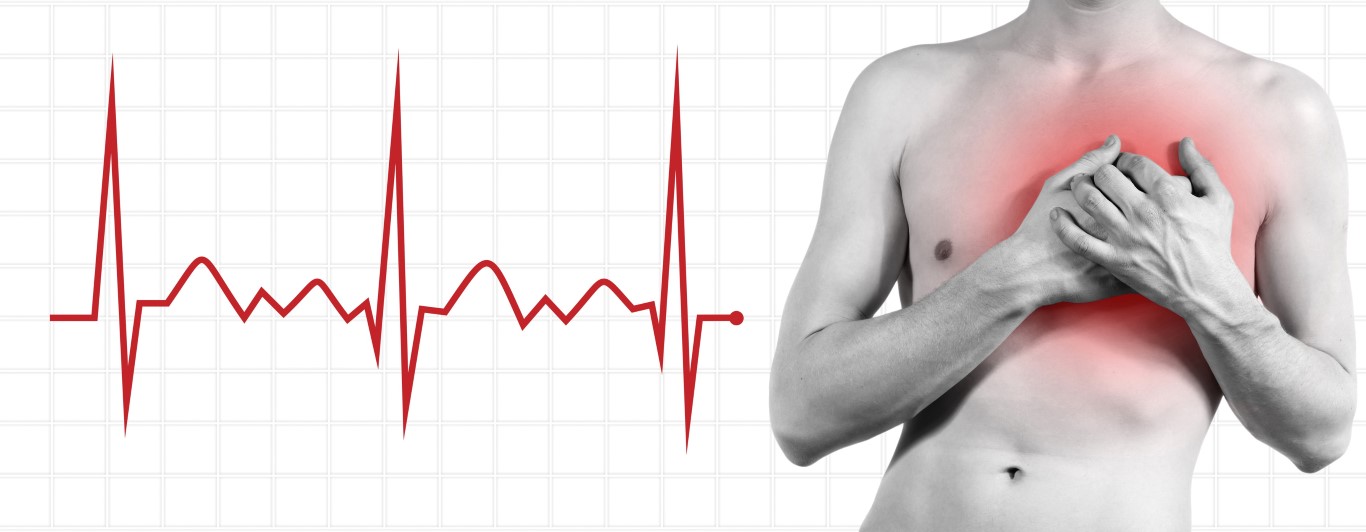 Fast Heart Rate Symptoms Causes And Treatments Myheart
Fast Heart Rate Symptoms Causes And Treatments Myheart
 High Resting Pulse Rate Page 1 Line 17qq Com
High Resting Pulse Rate Page 1 Line 17qq Com
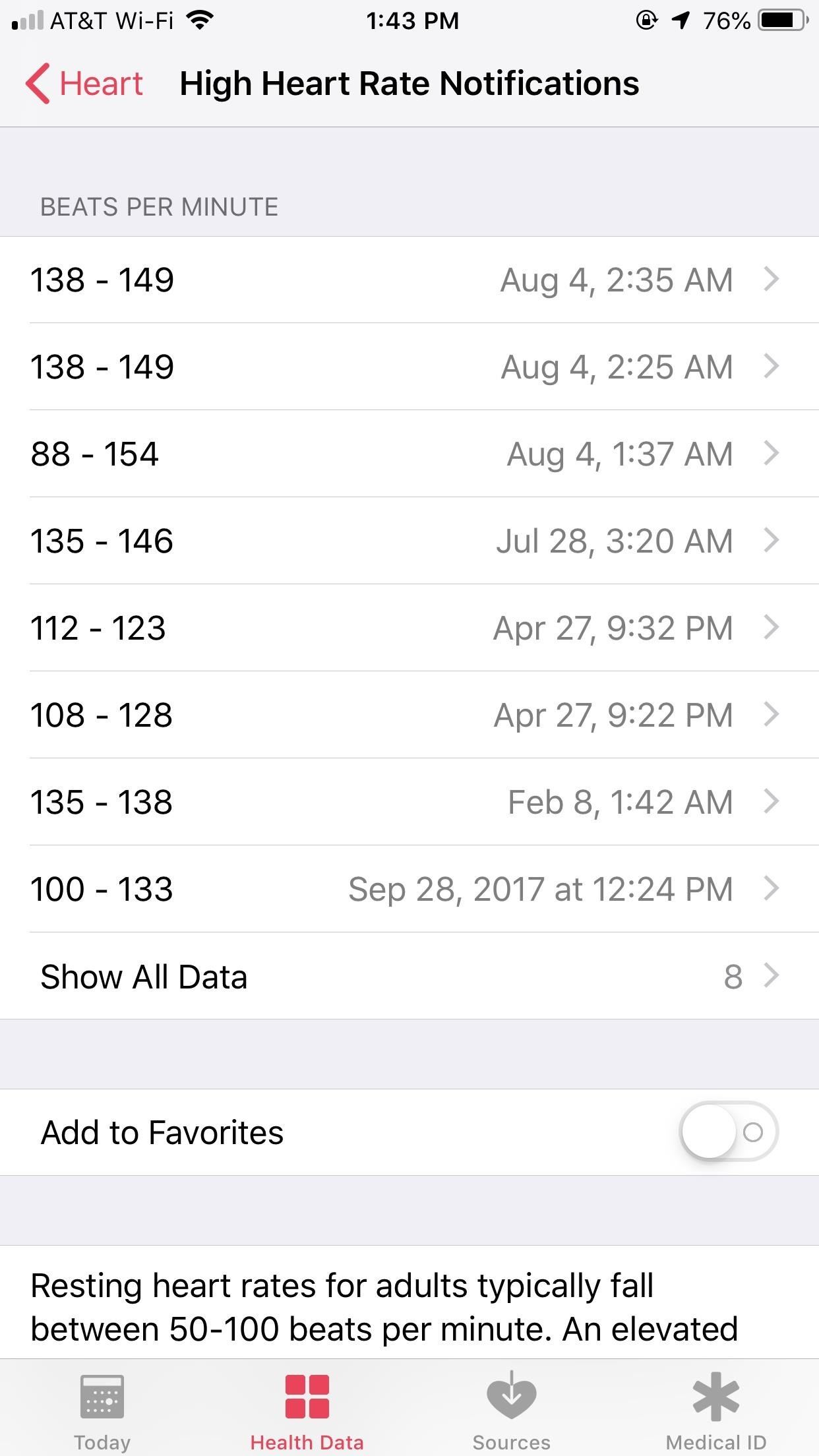 High Heart Rate Warning On Your Apple Watch Here S What That Means Ios Iphone Gadget Hacks
High Heart Rate Warning On Your Apple Watch Here S What That Means Ios Iphone Gadget Hacks
Beliebte Posts
Women Size Conversion
- Link abrufen
- X
- Andere Apps
North County Soccer Park
- Link abrufen
- X
- Andere Apps
Kommentare
Kommentar veröffentlichen